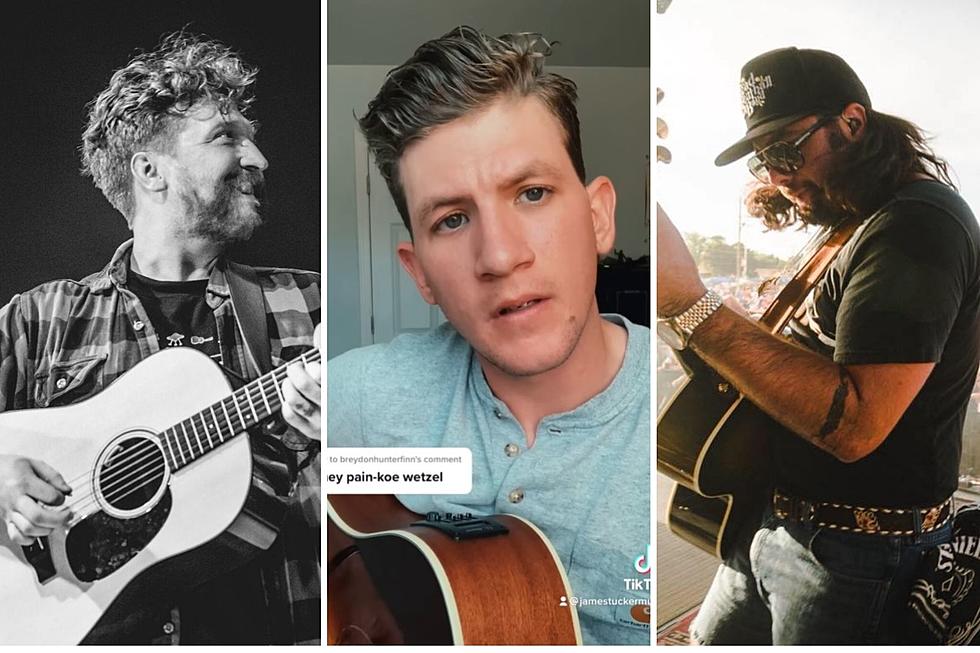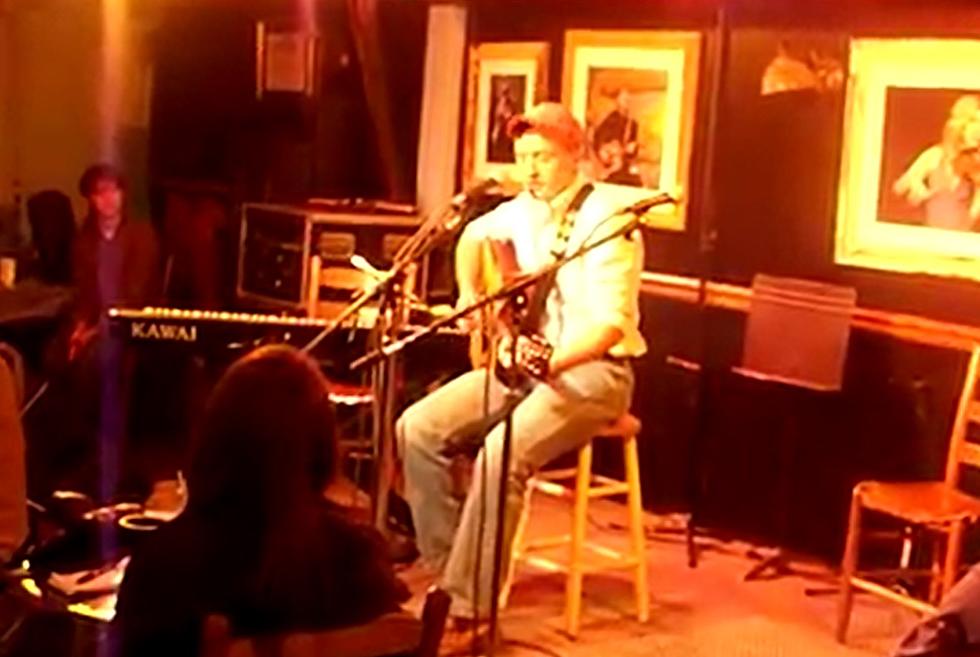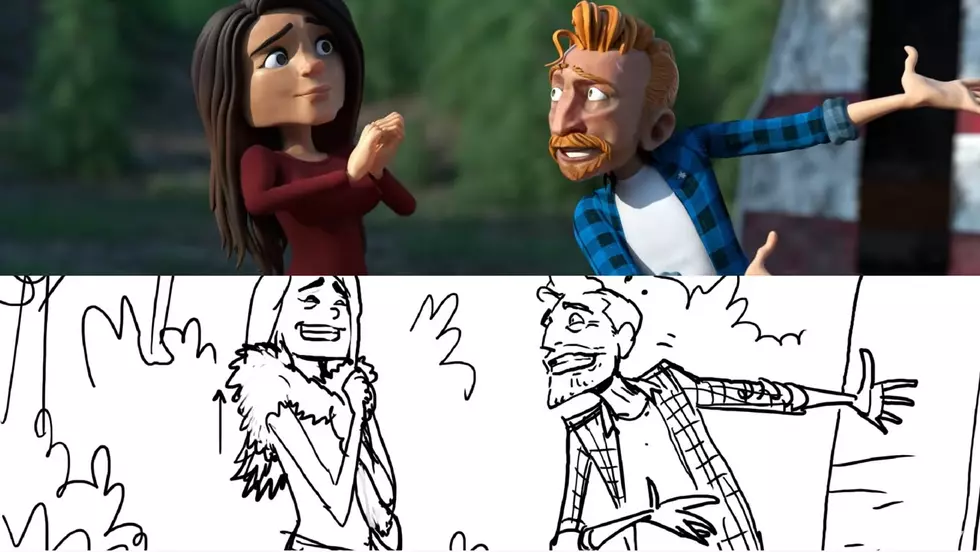Tyler Childers Hopes ‘Long Violent History’ Makes Listeners Think, Then Act
Tyler Childers originally planned to surprise release his new album, Long Violent History, "with no announcements or praise," he explains in a video message, shared on Friday (Sept. 18) along with the full, nine-track record.
"However, there has been concern that the album could run the risk of being misinterpreted," Childers notes -- so, the video statement came, too.
The Kentucky-born singer-songwriter's six-minute video, available in full above, expands on the themes in the album's title track, but in the clip, Childers also, very specifically, calls on his fans to listen, empathize and act. "As a recovering alcoholic who's drunk and drugged himself around the world playing music for the better part of 11 years and now has six months of sobriety, I can say with clarity that I have no soapbox to stand on to talk preachy to anyone on anything," the artist notes, "but as a person who has been given a platform by providence, luck, support and working at it, I feel undeserving of the grace this world has given me and I would find it a waste were I not to try and use it to make some good."
Old-time fiddle songs -- "Squirrel Hunter," "Midnight on the Water" and "Bonaparte's Retreat," among others -- lead into "Long Violent History." Like its predecessors, the song is a classic, fiddle-driven track featuring plucky banjo and other instrumentation; unlike the others, Childers wrote it specifically for the occasion, and his unmistakable voice is disturbed by opinions, hate and lies paraded as facts and empathizing with the people of color who have been angered into action by decades of systemic racism.
"From the outsiders' perspective, it's hard to see where all this visceral anger is coming from. What I believe to be one of the biggest obstacles in pinpointing the cause of this is our inability to empathize," Childers muses in his video. "In the midst of our own daily struggles, it's often hard to share an understanding for what another person might be going through."
Childers asks his listeners -- specifically the "rural, white" ones -- to consider how they would react if it were fellow rural white people being killed without reason, in the same ways that Black men and women such as George Floyd and Breonna Taylor have been. "I don't mean to imply that many of you aren't already doing good self-examination on this issue," he notes, "but I have heard from many who have not."
"How would we react to that? What form of a people would that create?" Childers asks. "If we wouldn't stand for it, why would we expect another group of Americans to stand for it? Why would we stand silent while it happened, or worse, get in the way of it being rectified?
"These aren't things this community has lost. These are sons and daughters, brothers and sisters and cousins, mothers and fathers -- irreplaceable threads within their family fiber, torn from their loved ones too soon with no justice, and they are demanding change, same as I expect we would," he continues. "Life is hard enough without being worried about the smallest interaction with a public servant."
Childers ends with a call to action: He encourages people to get out and vote; to stop defending the continued use of the Confederate flag as a means of preserving Southern culture; and to listen to what Black Lives Matter advocates are saying.
"If we didn't need to be reminded [that Black lives matter], there would be justice for Breonna Taylor ... and countless others," he says.
Lastly, Childers says, it's time to stop shouting and "love each other, no exceptions."
"And remember," he concludes: "United we stand. Divided we fall."
All proceeds from Long Violent History will benefit the Hickman Holler Appalachian Relief Fund. The organization, founded by Childers and his wife Senora May, assists with philanthropic efforts in Appalachia.

Country Songs Inspired By World Tragedies:
More From 103.1 KKCN







